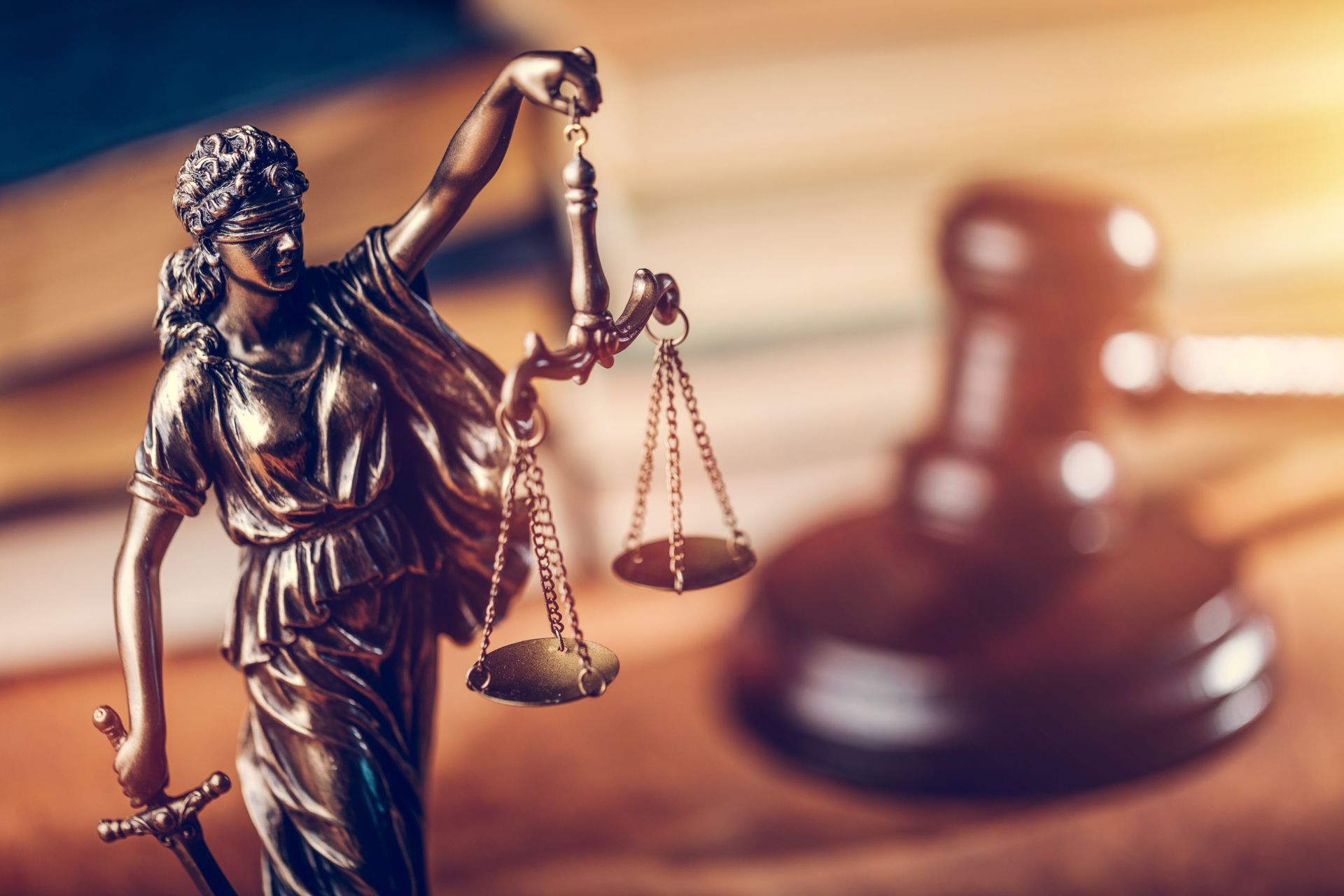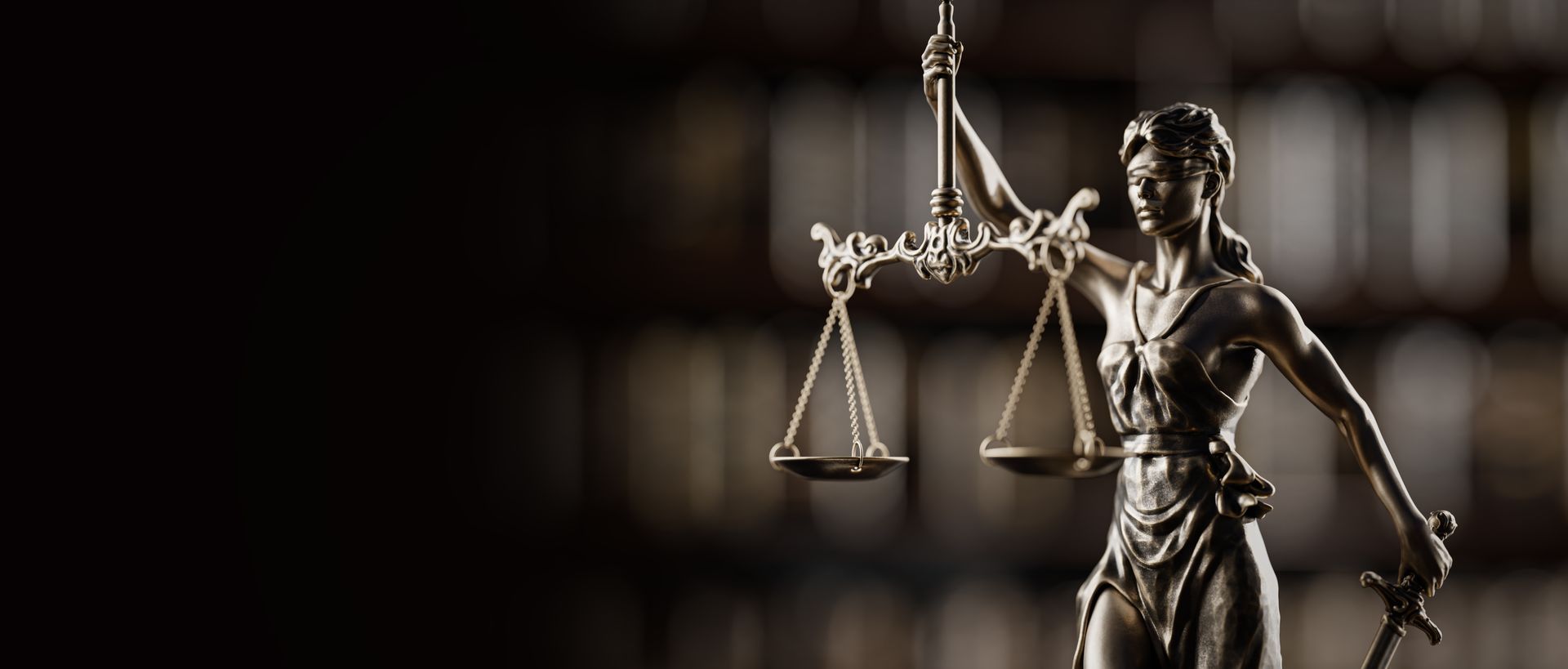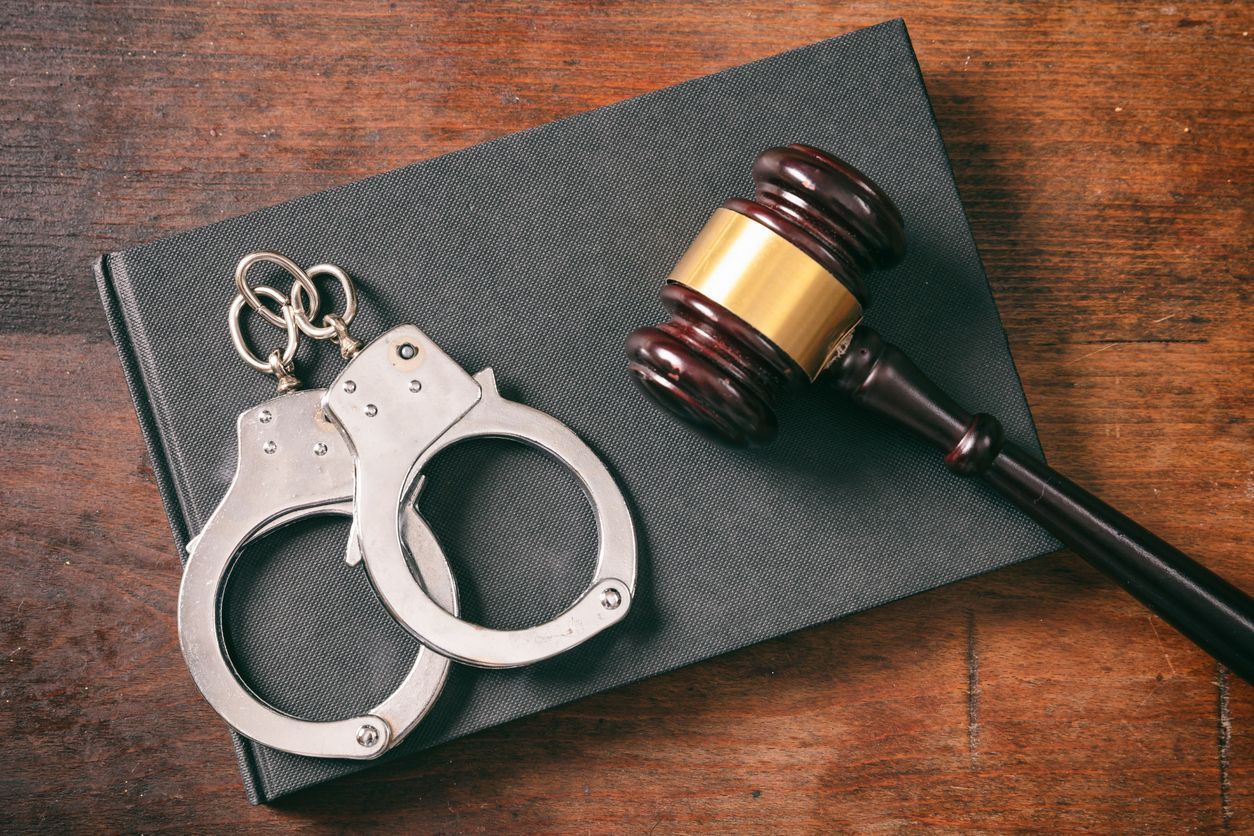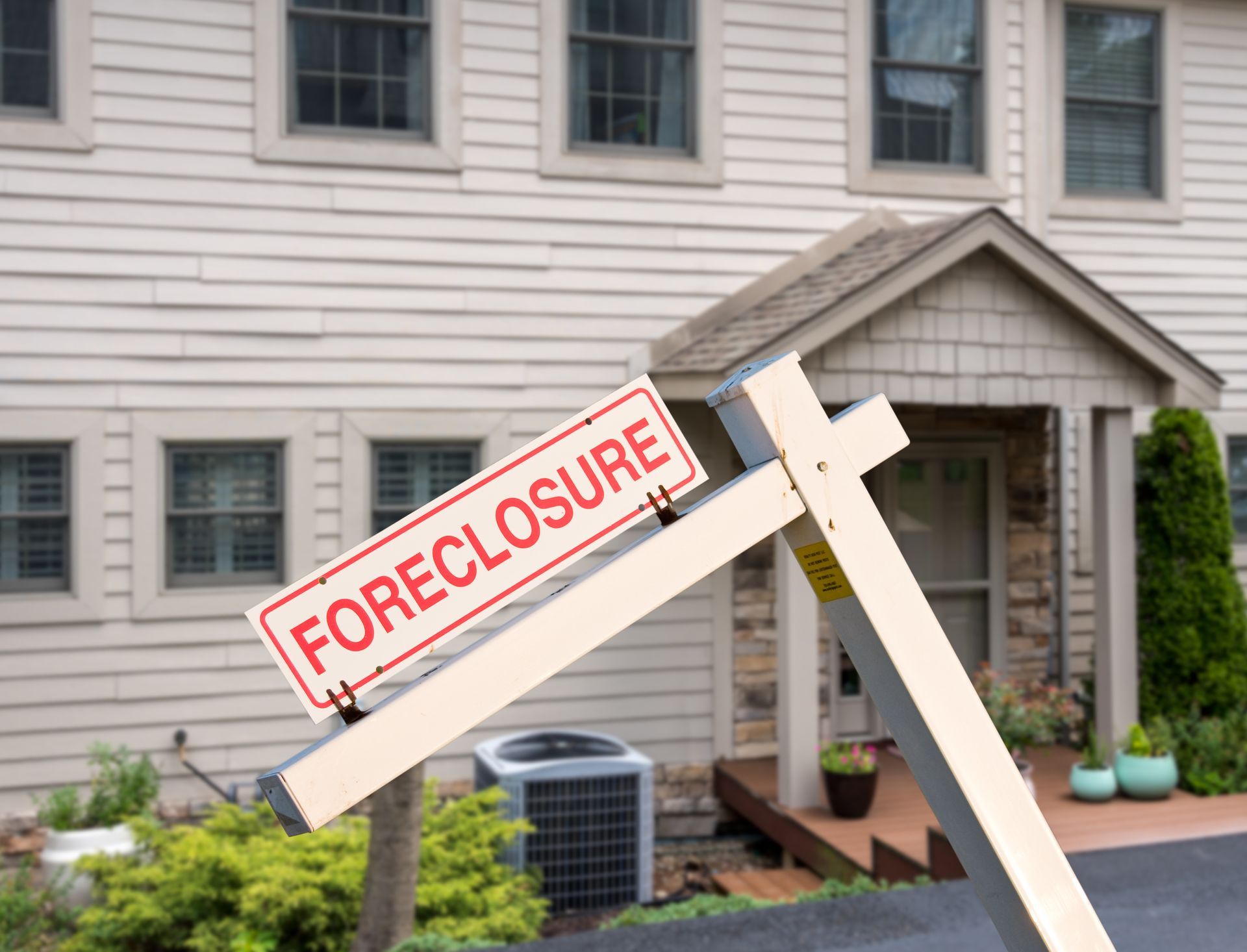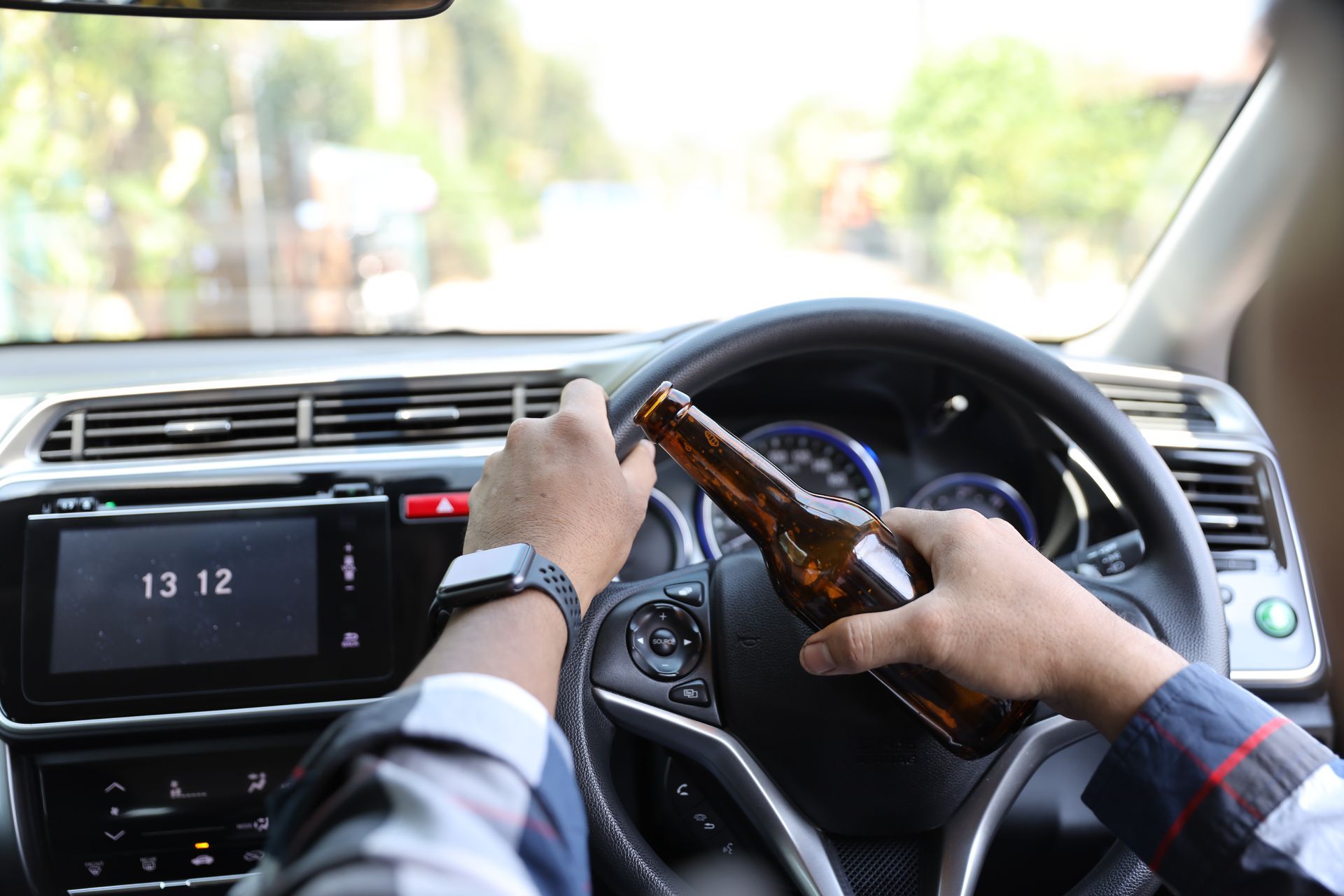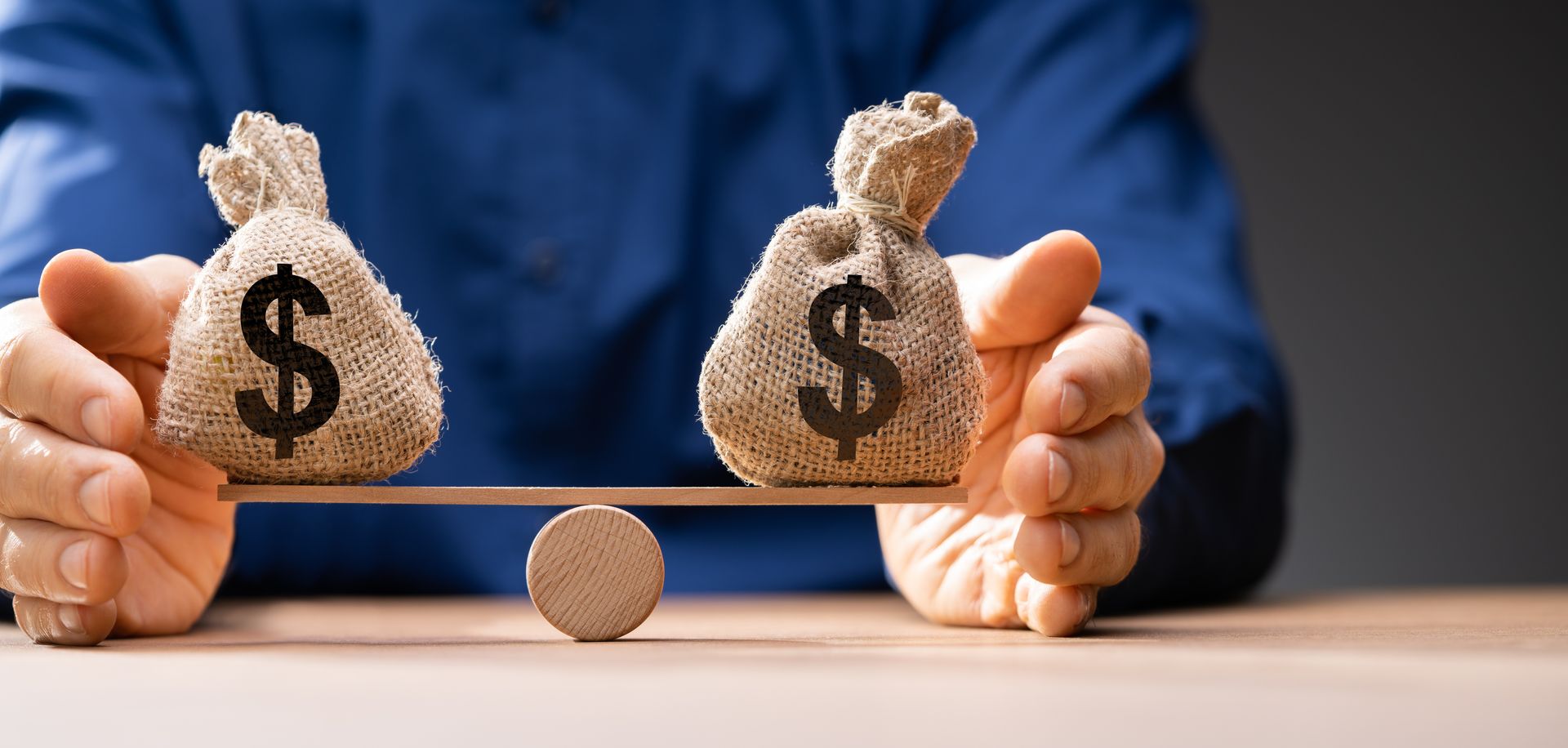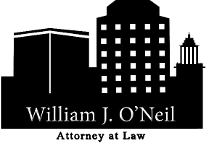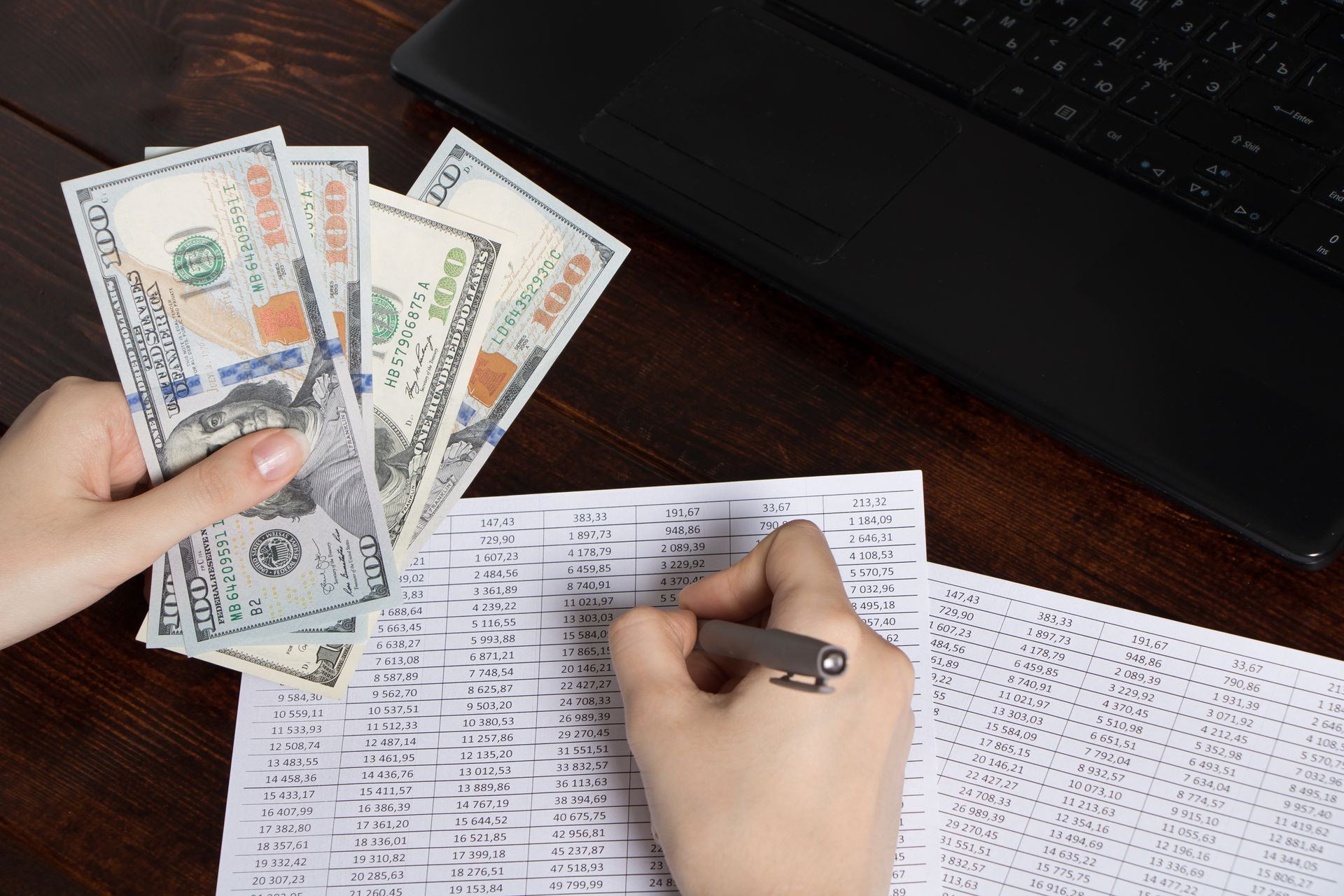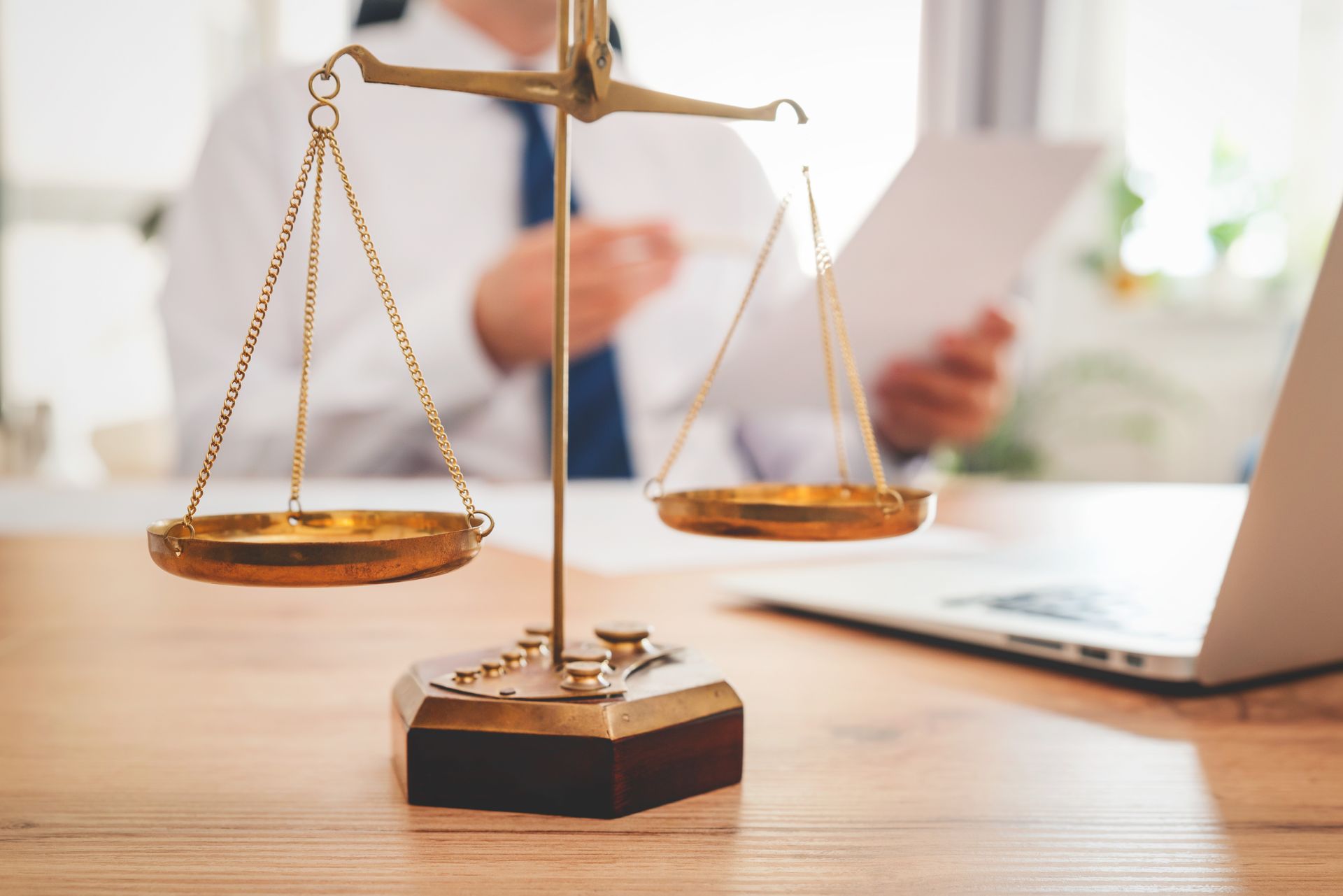What Debts Can and Cannot Be Discharged in Chapter 7 Bankruptcy?
What Debts Can and Cannot Be Discharged in Chapter 7 Bankruptcy?
Filing for Chapter 7 bankruptcy can offer a fresh start for individuals overwhelmed by debt. You can eliminate certain debts and relieve financial pressure by liquidating non-exempt assets. However, not all debts qualify for discharge. In this post, we will explore the types of debts that can and cannot be discharged in Chapter 7 bankruptcy, giving you clarity on what to expect from this process.
Debts That Can Be Discharged in Chapter 7 Bankruptcy
Chapter 7 bankruptcy offers significant relief by eliminating a variety of debts. For many individuals, credit card debt is one of the primary forms of unsecured debt that can be discharged. High-interest credit cards and accumulated consumer debt can be erased, giving debtors the opportunity to rebuild their finances. Medical bills, often a leading cause of bankruptcy, are also typically eligible for discharge. This can be especially helpful for individuals facing overwhelming medical expenses. Personal loans, including payday loans and even loans taken from friends or family, may also be discharged unless they were obtained through fraudulent means. Unsecured debts like utility bills or certain judgments may also be cleared during a Chapter 7 filing.
Debts That Cannot Be Discharged in Chapter 7 Bankruptcy
While Chapter 7 bankruptcy can eliminate many debts, there are several exceptions. Student loans are generally not dischargeable in bankruptcy. However, a borrower may be able to discharge these loans if they can prove undue hardship in a separate legal proceeding. Child support and alimony obligations are also non-dischargeable, meaning individuals who owe these debts must continue to make payments even after filing for bankruptcy. Certain tax debts, such as income taxes owed within the last three years or tax penalties, cannot be discharged under Chapter 7 bankruptcy. Additionally, debts that arise from fraudulent activities, such as those related to false statements or the fraudulent use of credit, are not eligible for discharge. Debts related to personal injury caused by driving under the influence or reckless behavior also cannot be discharged.
Exceptions to the Rule: When Debts May Be Discharged
In some cases, debts that would typically be non-dischargeable may be eliminated through an adversary proceeding in bankruptcy court. If the debtor can prove that discharging the debt will not cause undue hardship, or if there were errors in the classification of the debt, the court may allow the discharge of debts that are generally not eligible. These cases are rare and often require substantial legal intervention to resolve.
What Happens After Filing for Chapter 7 Bankruptcy?
Once you file for Chapter 7 bankruptcy, a trustee will oversee your case, ensuring that non-exempt assets are liquidated and debts are discharged in accordance with the law. This process typically takes several months, and once the court grants a discharge order, most debts will be eliminated. It's important to remember that the Chapter 7 process does not discharge all types of debt, and some debts, such as mortgage payments or car loans, may remain. Having a bankruptcy attorney by your side during this process can ensure that everything proceeds smoothly and that your rights are protected.
While Chapter 7 bankruptcy can provide significant relief from many types of debt, it’s crucial to know which debts are dischargeable and which are not. Knowing what to expect during bankruptcy can help you make more informed decisions. If you’re considering filing for Chapter 7 in East Longmeadow, MA, it’s important to consult with a bankruptcy attorney who can guide you through the process and ensure that you understand the implications of your filing. At The Law Office of William J. O'Neil, we are here to assist you in understanding your options and helping you regain financial stability.
